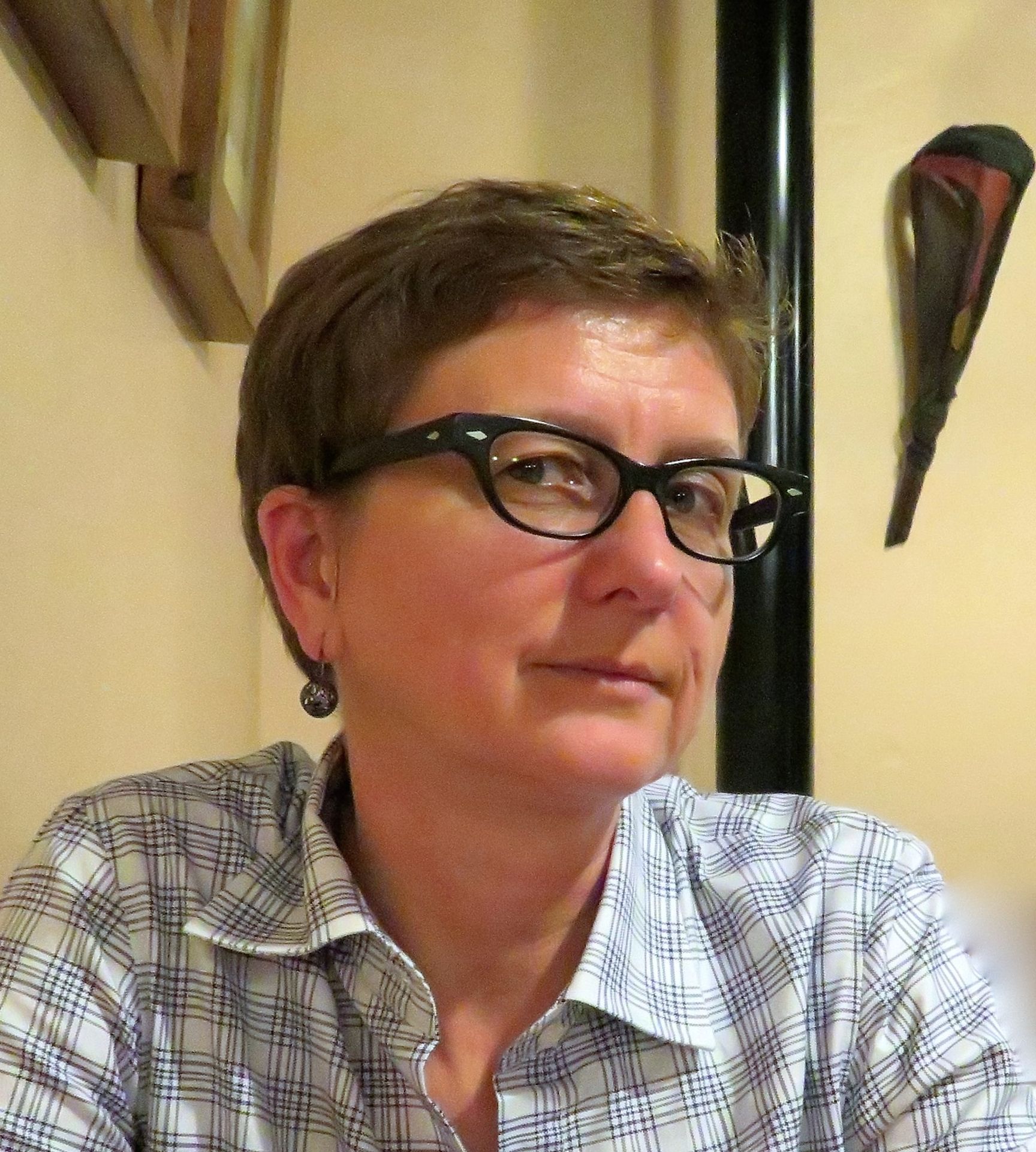Event
Long Shadows of the Arabian Nights in Weimar Cinema
This talk is part of a project that reaches back to the early days of cinema to explore how it found formative inspiration and infinite challenges in the boundless, intertwined stories of Thousand and One Nights. The persistence of Nights stories in silent film intrigues because the tales caution readers against placing their trust in what they see, demonstrating time and again that words and listening transform initial interpretations of appearances. Perhaps not surprisingly, films of the Weimar Republic—including Ernst Lubitsch's 1920 Sumurun (One Arabian Night), Fritz Lang's 1921 Der müde Tod (Destiny), Paul Leni's 1924 Waxworks, and the oldest surviving feature-length animation film, Lotte Reiniger’s The Adventures of Prince Achmed (1926)—found fertile ground in the Nights for structural and formal experimentation, and reflection on the increasing power of motion pictures. I examine how these films reshape what it is possible to see as well as how they remain bound by pictorial and narrative conventions, and how they engage the pleasures and anxieties of film and the modernity it exemplifies.
Suzanne Gauch teaches film, gender, and postcolonial studies at Temple University, where she is a Professor of English. Her most recent book is Maghrebs in Motion: North African Cinema in Nine Movements (Oxford University Press, 2016). Her articles on film have appeared in Third Text, Screen, and Camera Obscura, and on Ibraaz.

